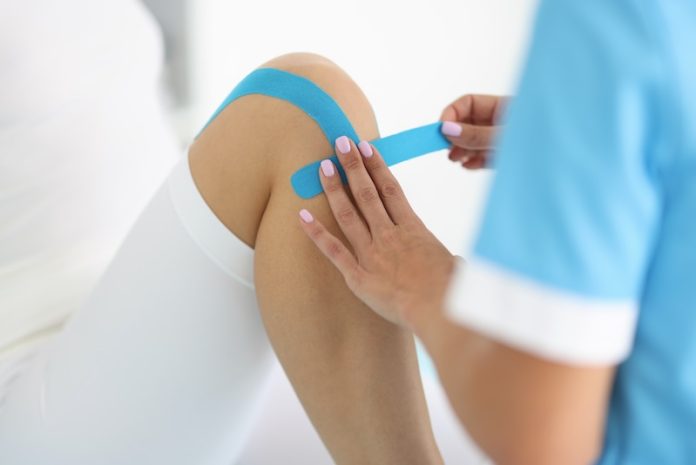
Scientists from MedStar Georgetown University Hospital have made a promising discovery in treating knee pain, particularly for those aged 50 and above. Their recent study focused on a non-surgical method that significantly reduces knee pain.
Involving 36 patients, the research team looked at how different factors like age, gender, body weight, past surgeries, and fibromyalgia history might affect pain reduction.
The treatment they used is called genicular nerve radiofrequency ablation, a minimally invasive approach specifically for knee pain caused by osteoarthritis.
Performed by interventional radiologists, this technique uses image guidance to accurately position probe needles near the knee’s nerves responsible for sending pain signals to the brain.
These probes then create radio waves, generating heat to dull or destroy the pain nerve endings. Importantly, these nerves don’t control muscles or affect balance, which ensures the safety of the procedure. Patients typically leave the treatment with just Band-Aids, not stitches.
The results were quite promising: all participants reported a substantial decrease in pain. Notably, those aged 50 and above experienced the most significant improvements in function and pain reduction compared to younger participants.
The relief from this treatment can last anywhere from six months to two years, as indicated by other studies.
This discovery offers a valuable option for many individuals to improve their daily lives by reducing chronic pain.
The researchers are now conducting long-term studies to further understand which factors might predict the effectiveness of this treatment.
Interestingly, this treatment isn’t limited to the knee. It’s also applied to other areas like the shoulder, hips, and sacroiliac joints, where the spine meets the pelvis.
The study, led by Kaitlin Carrato and others, was presented at the Society of Interventional Radiology Annual Scientific Meeting.
It adds to the growing body of research on non-surgical pain management options, offering a ray of hope for those suffering from chronic pain, particularly older adults with knee osteoarthritis.
This research emphasizes the potential of innovative medical treatments to enhance the quality of life for those dealing with daily pain.
If you care about pain, please read studies about vitamin K deficiency linked to hip fractures in old people, and these vitamins could help reduce bone fracture risk.
For more information about wellness, please see recent studies that Krill oil could improve muscle health in older people, and eating yogurt linked to lower frailty in older people.
Copyright © 2023 Knowridge Science Report. All rights reserved.



